- Rest, Recharge
Sleep
Get healthier by enjoying Sleep's regenerative power


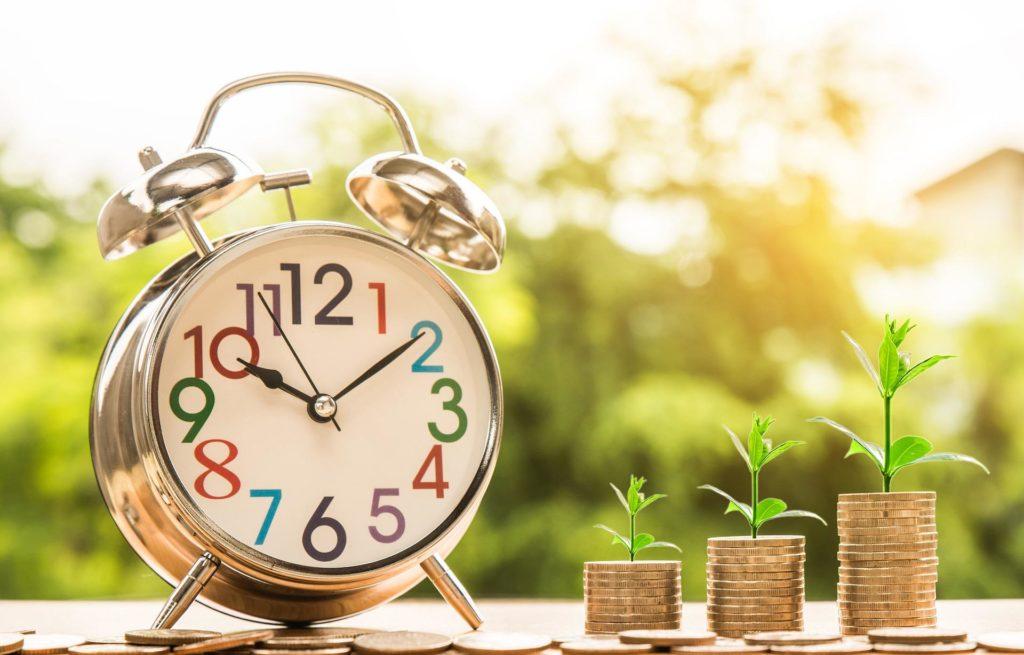
Daily time commit:
7 hours +
Sleep is your superpower
Sleeping is quite amazing. It helps you to process your day, consolidates your memory, supports your good mental health and is restorative thereby keeping you healthy.
Get 7 hours + of Sleep per night, to cross off this area of The Framework.
Time asleep
Remember that hours in bed does not equal time asleep. You will have periods of wakefulness during the night, up to 5% of the time you are “asleep”, even if you are not aware of it, and this awake time does not count towards your 7 hours + of time being asleep needed. We recommend wearing a Sleep tracking device to monitor your asleep time, so that you can ensure that you are receiving the full benefits.
Sleep needed
Most people will find that they need around 8 hours of Sleep per night. Teenagers need 9 hours on a school night for full brain performance. Younger children need significantly more to support their rapid physical and mental growth.
Provided you get at least the recommended hours of Sleep, do not worry if you find that you are sleeping for longer, your body must need it. The important thing is to listen to your body’s natural rhythm. If you wake up naturally, without an alarm or other Sleep disruptor, and have slept for the recommended hours already, then you have had enough. Do not then go back to Sleep! If you do, you will find that when you next wake, you will not feel good and will have wasted that part of the day. When you wake up, after sleeping for the recommended number of hours, get up and greet the day!
If you struggle in the morning, listen to some Affirmations and some Talks to get inspired for the rest of your day.

Seek out the morning light when you wake up
Morning sunlight not only provides you with a boost to your overall well-being, but it helps you to Sleep better later that night too. However, seeing the morning sunlight when you wake may be difficult if you are a shift worker and sleeping enough should be your top priority.
What happens when you are asleep?
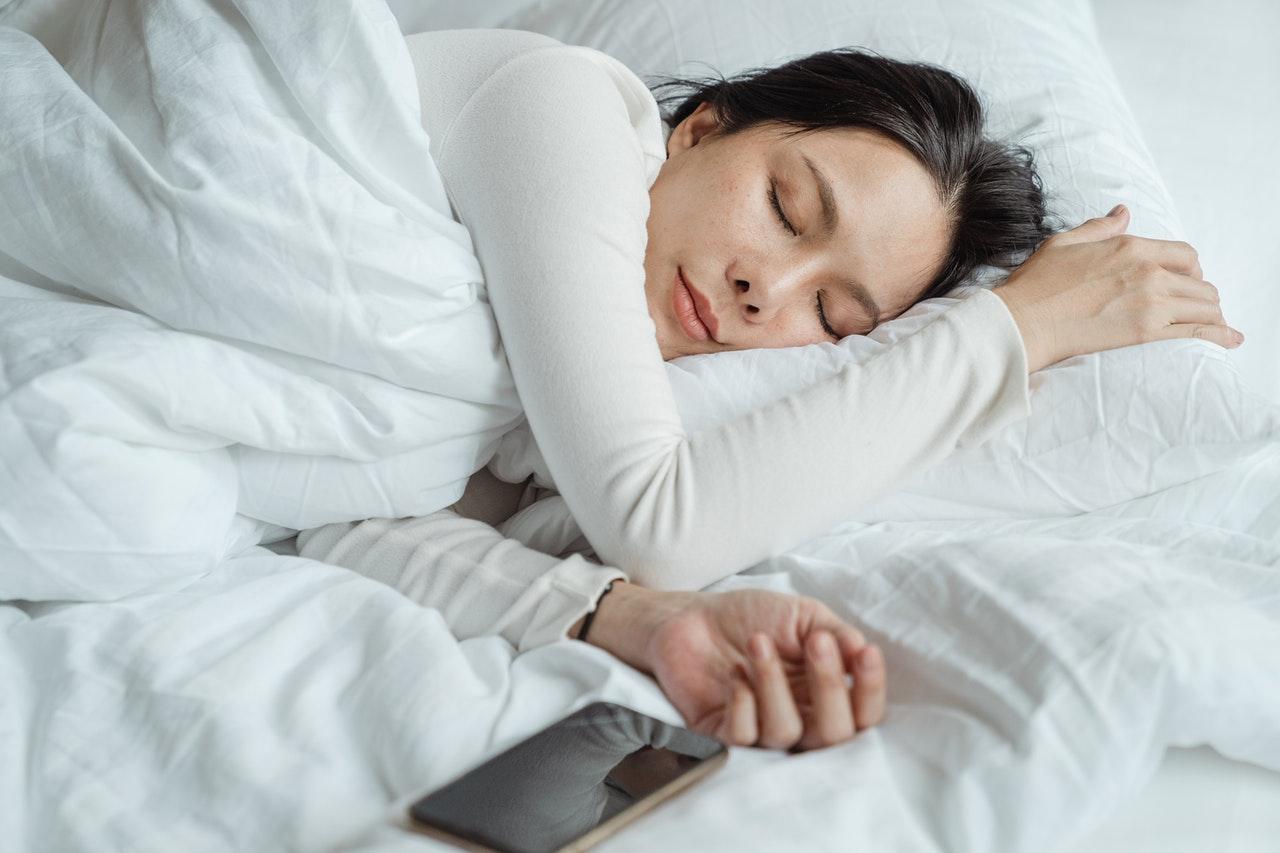
Light Sleep
When you first fall asleep you enter light Sleep. Your heart rate and breathing both slow down, your temperature drops, and your muscles relax. This stage is particularly important for you to process memories and emotions, to aid your learning and motor skills, and to regulate your metabolism. You spend 50-60% of your time asleep in this stage as you cycle through the various Sleep stages, and you will wake from this stage the easiest.

Deep Sleep
This is the most regenerative stage of Sleep when your brain emits Delta waves. You spend 15-20% of your time asleep in this stage. Deep Sleep and Delta waves are a marker for biological youth. Producing Delta waves boosts your immune system and natural healing processes. As you get older, you may wake more during the night, and so you are more likely to lose your regenerative Delta waves as you get less deep Sleep.

REM Sleep
REM stands for Rapid Eye Movement. You will spend 20-25% of your time asleep in this stage, having your most interesting and vivid dreams as your brain activity increases, and your eyes dart around quickly behind your closed eyelids. This is the stage when memory consolidation happens, and the areas of the brain essential to learning get stimulated. It may cause you to wake up with the solution to a problem on which you are working.
During a full night of sleeping, you cycle through these Sleep stages six times.
Why you need to prioritise sleeping
Not enough time spent asleep can lead to:
- High blood pressure
- Obesity
- Depression
- Cardiovascular disease
- Diabetes
- Stroke
- Alzheimer's disease
- Cancer
Shift work
The Chernobyl and space shuttle challenger disasters were partially down to people who were doing shift work not spending enough time asleep.
Tiredness over a period puts your body under sustained stress and this suppresses your immunity.
Studies show that shift workers (defined as working 3 hours or more between midnight and 5am) have higher rates of cancer.
Obesity
When you are Sleep deprived, your body releases ghrelin (the hunger hormone) which makes you seek out carbohydrates and things that are particularly sugary. This can lead to obesity.
Mental health
The neural networks that predispose you to sleeping normally overlap those that give you normal mental health.
Sleep disruption precedes mental illness in those predisposed to it, emphasising the importance of regular quality time spent asleep.
Mortality
Adults who regularly spend either less than 7 hours asleep each night or more than 9 hours asleep, have a higher rate of mortality.
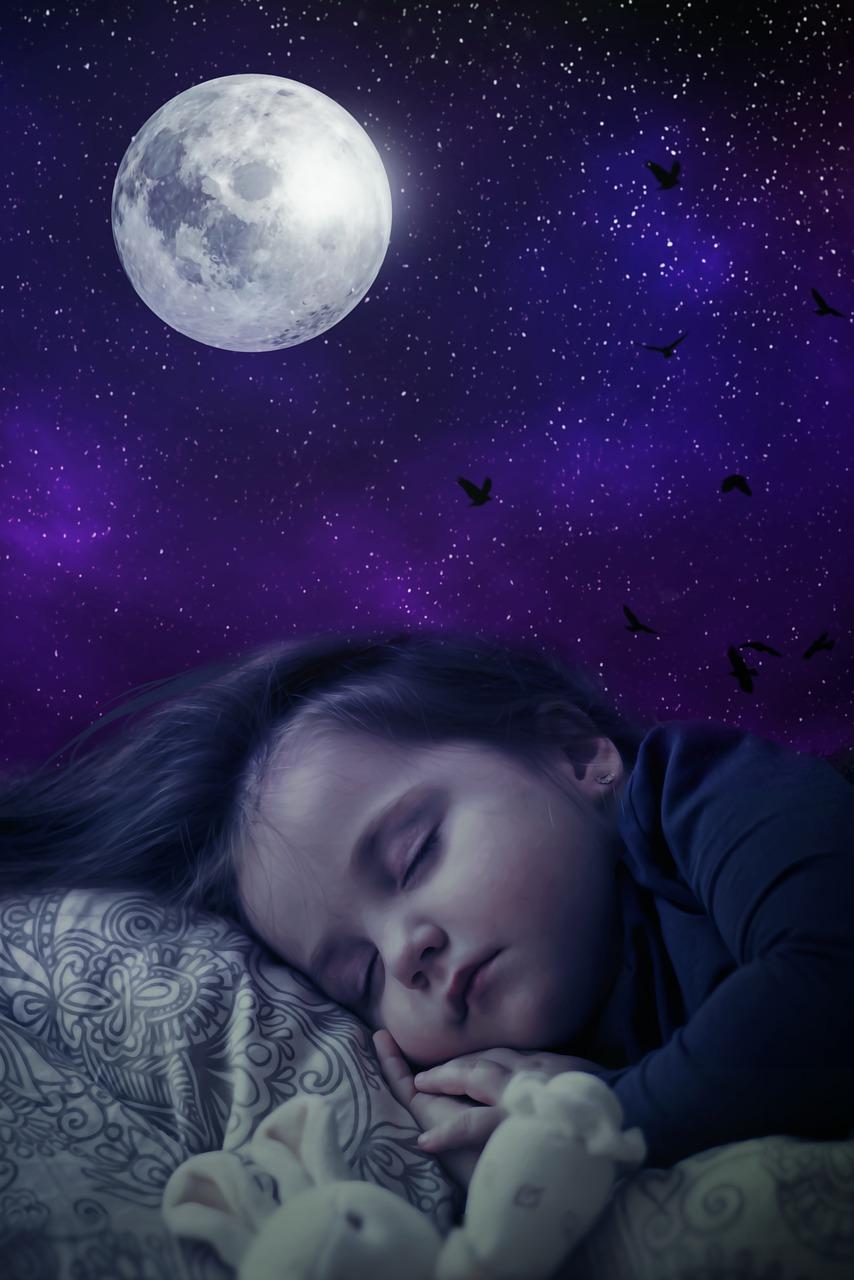
Why does sleeping clear your mind, but not sleeping leaves it feeling foggy?
Studies show that the cerebrospinal fluid (CSF) which clears waste from the brain cells only happens in the sleeping brain. When the brain is asleep, cells shrink, allowing fluid to rush in and clear the waste out. This nightly deep-clean of your brain leaves you feeling refreshed and clear when you wake.
Amyloid beta is a key build-up in the brain that needs clearing out. In Alzheimer’s patient’s amyloid beta builds up in the spaces between the brain cells rather than the CSF clearing it away. CSF clears amyloid beta fastest in the sleeping brain. Therefore, not sleeping enough may contribute to conditions like Alzheimer’s.
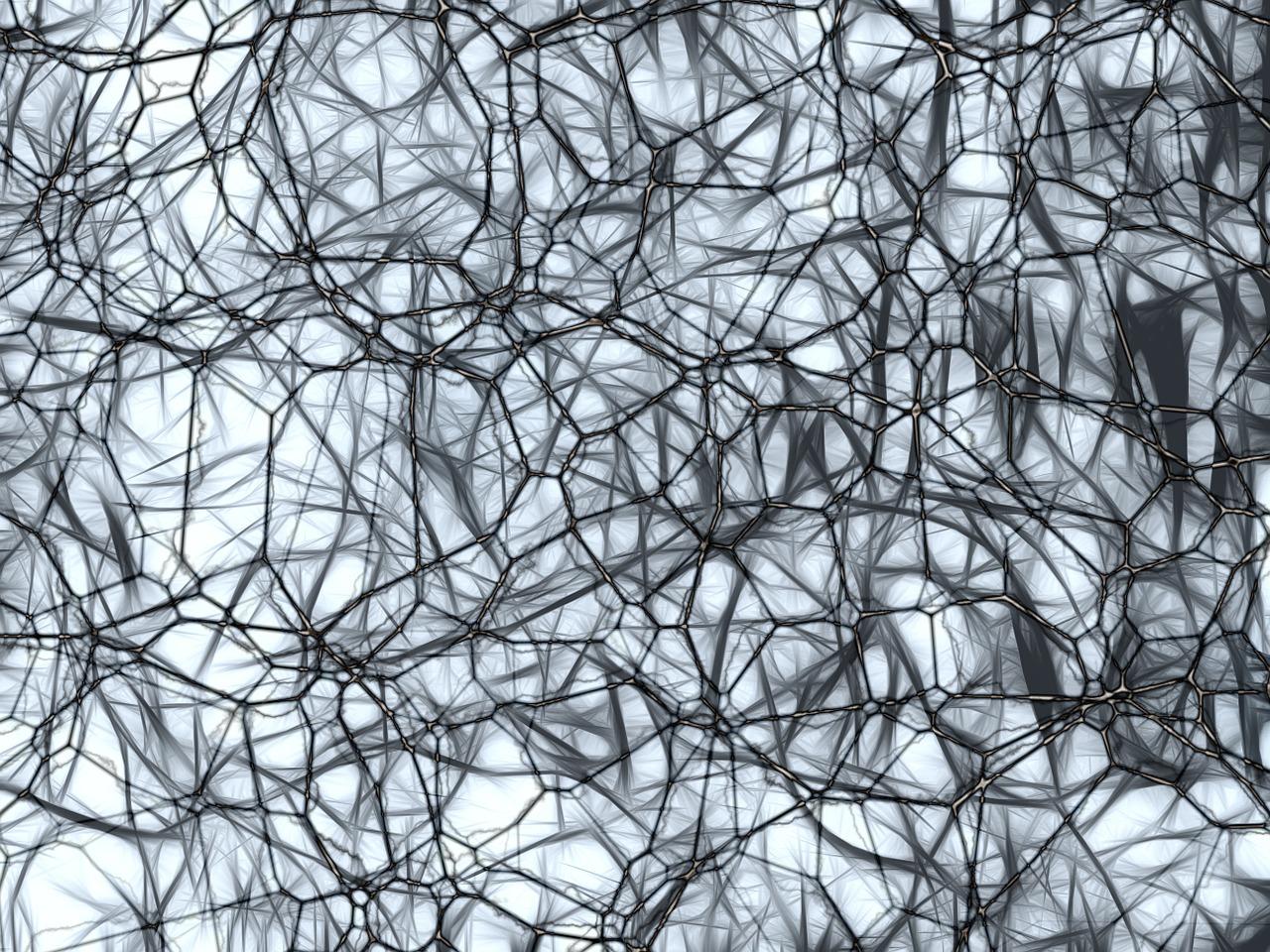
Set the conditions for quality time asleep
You Sleep best when you have:
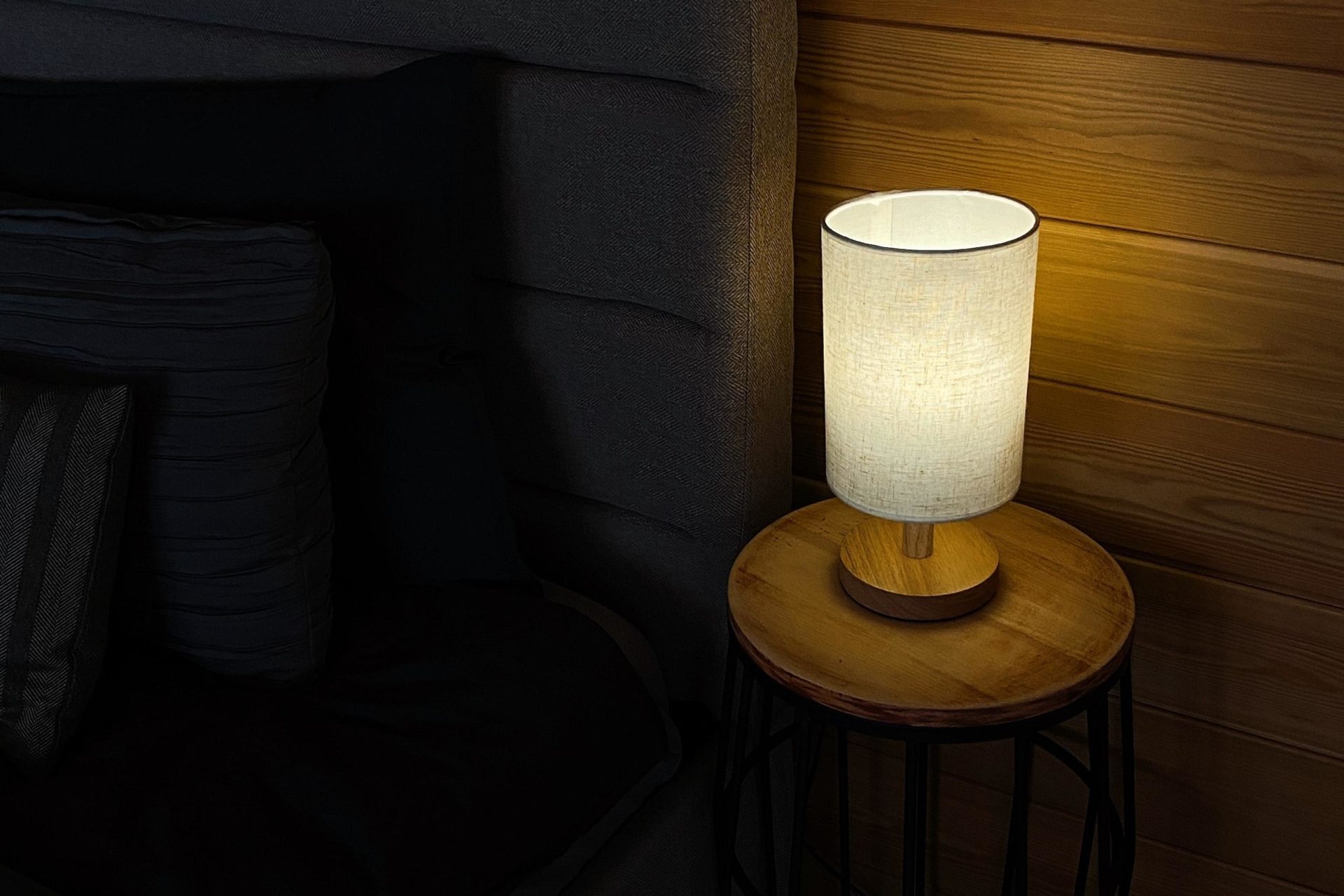
Darkness
Make your room as dark as possible. The pineal gland in your brain will produce melatonin (the "Sleep" hormone) in response, which regulates Sleep

Coolness
Make your room cool at least half an hour before sleeping. A temperature between 16-20 degrees Celsius also signals the pineal gland to produce melatonin
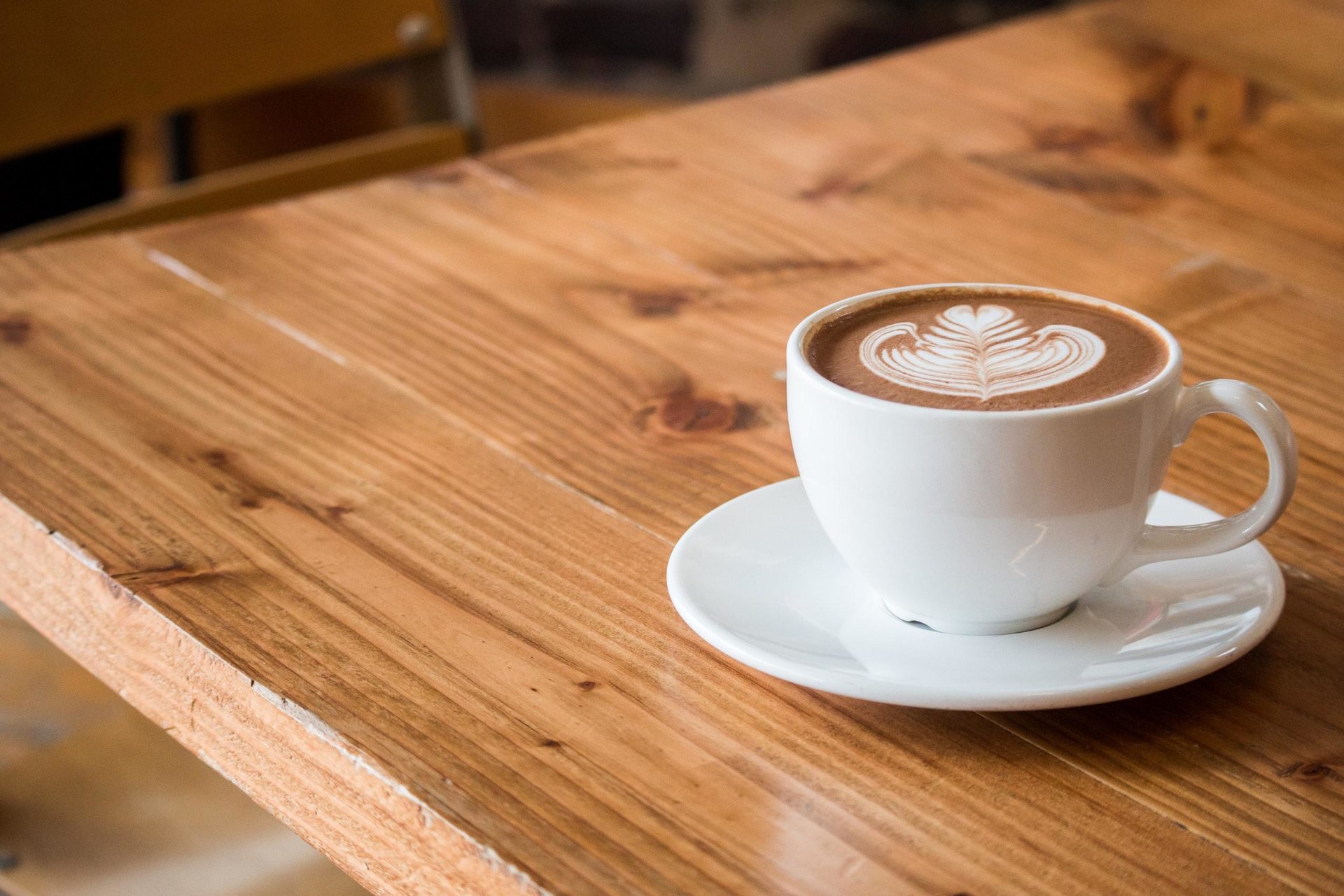
Limited caffeine
Try not to have caffeine after lunchtime, as it inhibits your brain's natural Sleep chemicals and so reduces the quality of the restorative deep Sleep cycle

No alcohol
Alcohol blocks REM Sleep as it sedates you rather than helps you to fall asleep

Morning light
Seek out the morning sunlight when you wake up for a better Sleep the following night

Exercise
Exercise helps you to Sleep better provided you avoid vigorous Exercise after dinner
WHAT IS YOUR TOP TIP FOR SLEEPING WELL?
Get in touch to let us know or to ask us any questions
